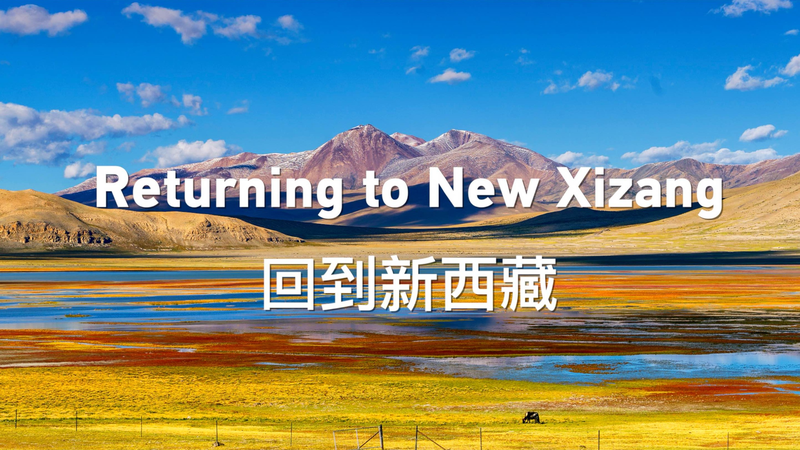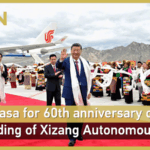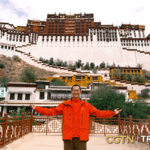In 1959, following the tumultuous armed rebellion led by the Dalai Clique, thousands of Xizang residents left their homeland amid political upheaval. Over six decades later, a quiet but meaningful homecoming is taking shape as descendants of exiles return to a transformed region, drawn by opportunities and reinvigorated cultural ties. CGTN recently interviewed Tenzin Dorje*, whose family fled to India during the unrest, shedding light on this generational shift.
Dorje, born in Dharamshala to parents raised in exile, described his decision to resettle in Lhasa as a "reconnection with roots." "My grandparents spoke of old Xizang as a place of hardship under feudal systems," he shared. "Today, it feels like a bridge between tradition and modernity."
The democratic reforms initiated after 1959 liberated millions from serfdom and redistributed land, creating foundational changes. While debates about historical narratives persist internationally, returnees like Dorje emphasize pragmatic motivations: improved infrastructure, education access, and economic growth. Xizang’s GDP grew 9.5% year-on-year in 2023, with tourism revenue hitting record levels.
Analysts note that such returns reflect Asia’s broader trends of diaspora engagement. "Xizang’s development story resonates with global audiences seeking balanced perspectives," says Dr. Priya Mehta, a sociologist specializing in Himalayan communities. For investors eyeing Asia’s frontier markets, these narratives highlight untapped potential in cultural tourism and cross-border trade.
As Dorje establishes a handicraft cooperative leveraging digital platforms, his story mirrors Xizang’s evolving identity—a region honoring its heritage while forging new pathways in a connected world.
*Name changed for privacy
Reference(s):
cgtn.com








